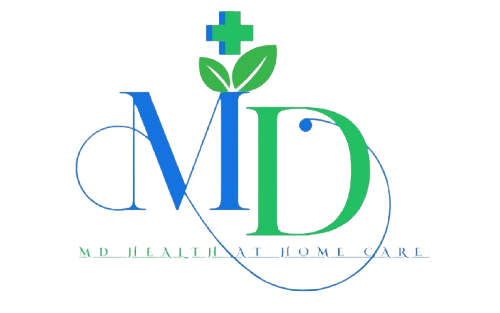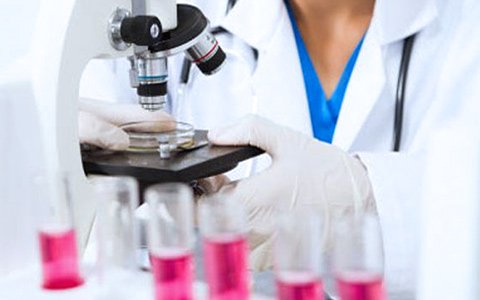DIAGNOSTIC SERVICES
Diagnostic services encompass a wide range of procedures and tests aimed at identifying diseases, conditions, or disorders in individuals. These services are critical in modern healthcare for early detection, accurate diagnosis, and effective treatment planning. We are providing following diagnostic services:
Imaging Services:
- X-rays: Used to visualize bones and some organs.
- Computed Tomography (CT): Provides detailed cross-sectional images of the body.
- Magnetic Resonance Imaging (MRI): Uses powerful magnets and radio waves to create detailed images of organs and tissues.
- Ultrasound: Uses high-frequency sound waves to create images of internal organs.
Laboratory Tests: - Blood Tests: Measure levels of various substances in the blood, such as glucose, cholesterol, and blood cells.
- Urine Tests: Analyze urine for signs of infection, kidney function, or other abnormalities.
- Genetic Testing: Identifies changes in genes, chromosomes, or proteins that may indicate a genetic disorder.
- Biopsies: Involves removing a small sample of tissue for examination under a microscope to diagnose diseases such as cancer.
Electrodiagnostic Tests: - Electrocardiogram (ECG or EKG): Records the electrical activity of the heart to diagnose heart conditions.
- Electromyography (EMG): Measures the electrical activity of muscles to diagnose neuromuscular disorders.
- Electroencephalogram (EEG): Records the electrical activity of the brain to diagnose conditions such as epilepsy.
Diagnostic Procedures: - Endoscopy: Uses a flexible tube with a camera to examine the interior of organs such as the digestive tract.
- Colonoscopy: Examines the colon for abnormalities or signs of disease.
- Lumbar Puncture (Spinal Tap): Collects cerebrospinal fluid for analysis to diagnose conditions affecting the brain and spinal cord.

